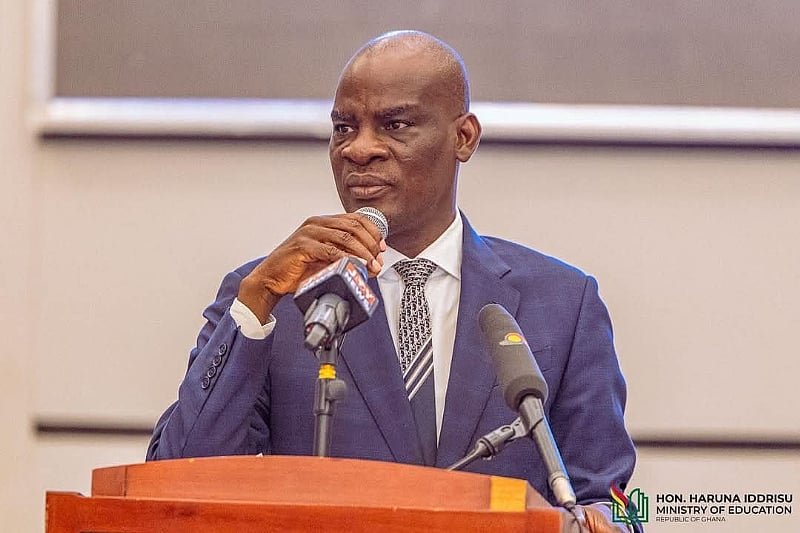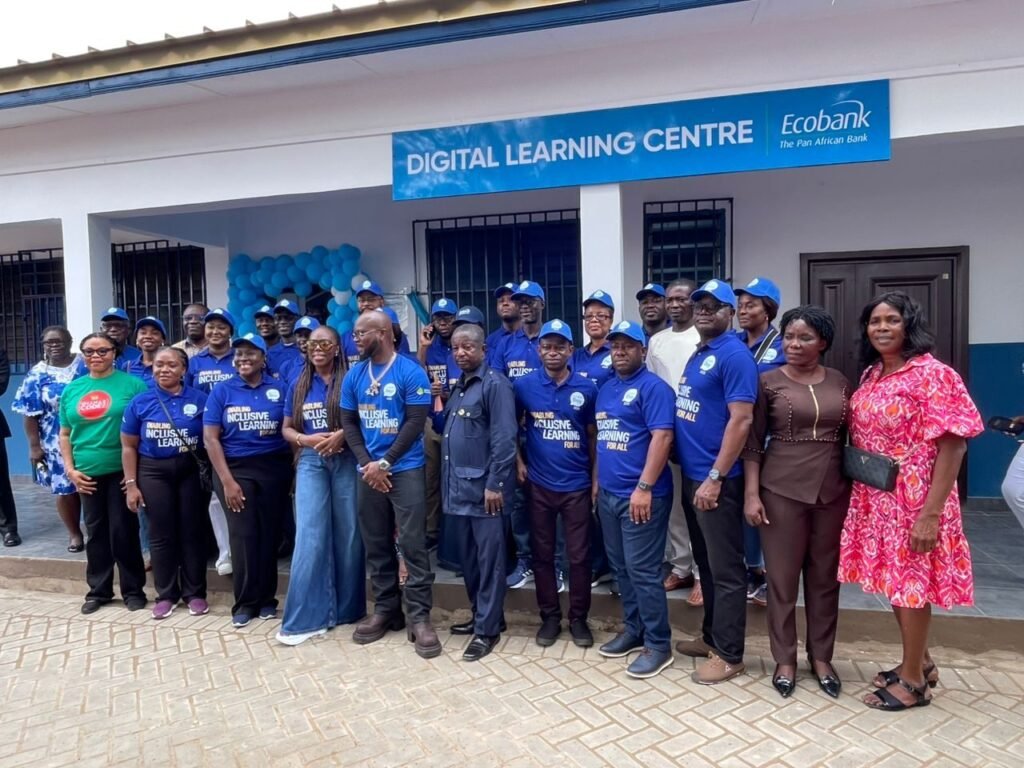The Minister for Education, Haruna Iddrisu has stressed that teacher training is central to Ghana’s effort to strengthen Science, Technology, Engineering and Mathematics (STEM) education at the basic level.
According to the Education Minister no matter how well a curriculum is designed, it cannot succeed without teachers who are equipped to deliver it, hence the need for the BSTEM Programme.
Delivering a speech at the BSTEM training programme in Sunyani, Haruna Iddrisu said the BSTEM project is therefore more than a training exercise.
“It is a national investment. It equips teachers with modern skills, digital tools, and innovative pedagogies to make STEM exciting and accessible to basic school-level learners,” he added.
The BSTEM Project began as the Basic Science and Mathematics Project introduced under then Education Minister Prof. Jane Naana Opoku-Agyemang to tackle challenges in teaching science and mathematicss at the basic level.
Over time, it was expanded to reflect global education trends, moving beyond just science and maths to cover the full STEM fields namely Science, Technology, Engineering, Mathematics.
The Minister for Education further said, ““Central to this vision is the teacher. No matter how well designed, a curriculum cannot succeed without modern teacher training that equips teachers with the knowledge, tools, and confidence to deliver STEM at all levels.”
Hon. Haruna Iddrisu also noted that we live in a rapidly changing world, where emerging technologies from artificial intelligence to biotechnology and robotics to renewable energy, are transforming industries and creating new opportunities.
“All these advancements have their roots in STEM. If Ghana is to compete on the global stage, create decent jobs, and build a resilient economy, we must produce a generation of problem-solvers, innovators, and critical thinkers grounded in STEM from the earliest stages of education,” he added.
After its introduction under the leadership of then Education Minister Prof. Jane Naana Opoku-Agyemang, the BSTEM project stalled for some years but was revived at the end of 2024 with the aim of training teachers, updating methods, and making STEM more engaging for basic school learners.



